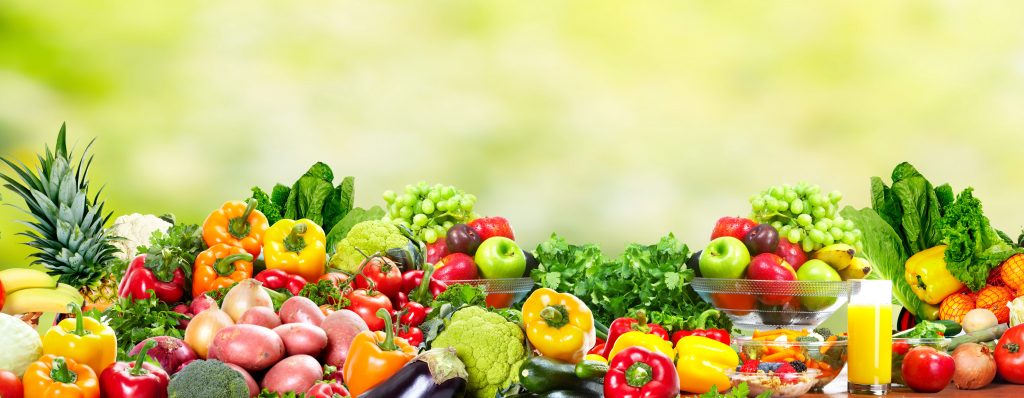21 January 2020
What Does Naturalness Mean?
As consumers become increasingly educated about product ingredients and composition, they become ever more aware of the effects that different diets can have on their overall health and wellbeing. With ideas like holistic health and better-for-me pushing to the forefront of consumers’ minds, they exemplify trends that FMCG Gurus have identified as Snacking Reclassified, Raw and Pure, and Re-Evaluating Health. As these trends suggest, there is an ongoing process where consumers review their health and nutritional intake and educate themselves more about nutritional science than ever before. One of several directions that consumers are going in as a result of this attitude shift is gravitating more towards natural products. But why is this? And what exactly are consumers thinking of when they talk about ‘natural’ ingredients and claims?
Naturalness in the food and drink industry largely centers around products being made with natural ingredients, often with supporting elements claims like freshness, purity, or rawness being added in. FMCG Gurus research from the Global Clean Label survey (2019 – 25,000 respondents) shows that 72% of consumers say that it is important or very important to them that food is 100% natural, showing a large-scale backlash against ideas of artificial or chemical ingredients. Only 13% of consumers say that they believe it to be impossible that a grocery product, showing strong faith in the ability of brands to fill this need.
When making purchasing decisions, these attitudes translate strongly over. 56% of consumers say that the use of ‘real’ ingredients is influential or very influential when choosing which products to purchase, 58% say the same when a product is free from synthetic ingredients, and 52% for when a product contains natural colors. Clearly, not only do consumers prefer these products, but they are also putting these beliefs into practice, in a way that can benefit companies and brands pushing these products.
Consumers who believe that it is important that groceries are 100% natural have various reasons for this. 61% of them say that natural groceries are healthy, and 51% believe that naturalness is better for them. This suggests a strong concern about the effects of artificial ingredients on their bodies and general wellbeing and has strong links with FMCG Gurus subtrends like Holistic Health and My Body, My Temple.
Another strong consumer belief is that natural groceries are better for the environment, with 44% agreeing. This demonstrates that consumers have drawn a strong link between healthy eating and environmental awareness, a trend we call Good for Me, Good for the Earth. This is clearest in the region of Africa, where 54% of consumers agree with this concept. It is highly likely that this is due to the continent directly facing many of the effects of the climate crisis, and the resulting higher level of awareness amongst consumers.
Natural claims can strongly appeal across a variety of categories. Yogurts are a strong example, with 61% of consumers saying that these claims are important or very important to them with these products. Bread is also relevant at 55%, and juice at 50% with these products together suggesting that it is particularly important to consumers that staple products meet their needs as much as possible. Biscuits are also at 55%, indicating that even when looking at indulgences, consumers are keen to ensure that they are being as healthy as possible.
For more information on our Clean Label & Naturalness Surveys please Click Here.
